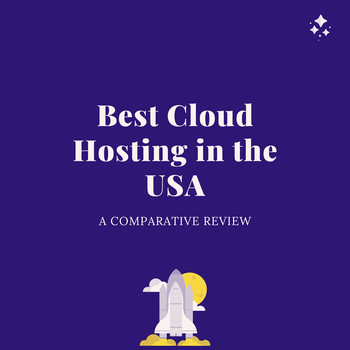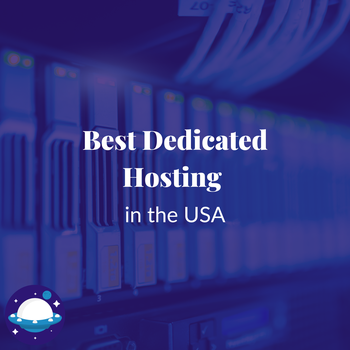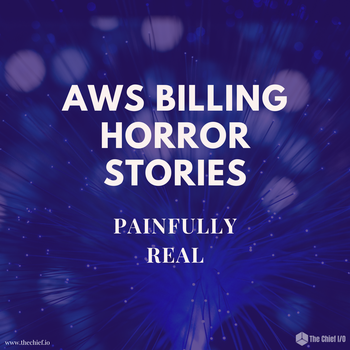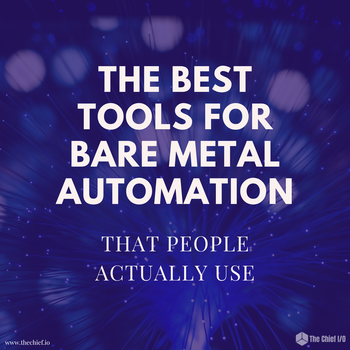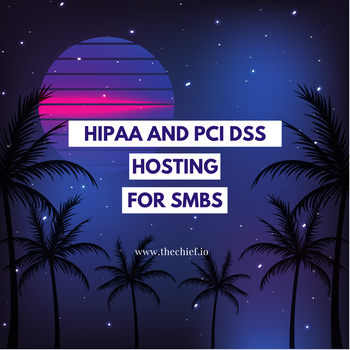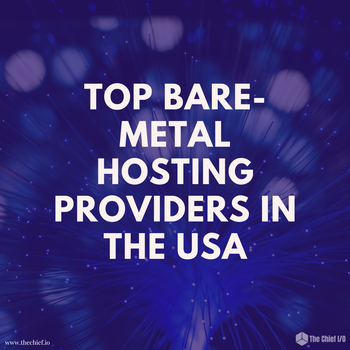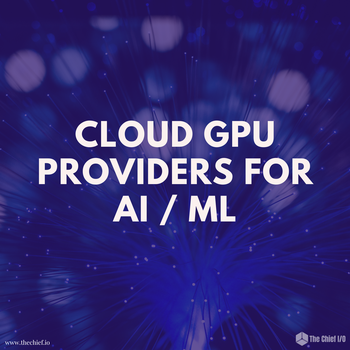Cockroach Labs publishes the 2021 Cloud Report
TL;DR
The 2021 cloud report by cockroach lab places the spotlight on the top three cloud providers - Google Cloud Platform, AWS, and Azure comparing various benchmarks amongst them ranging from performance and storage to network latency and throughput. This study is the company’s third annual cloud report. A total of 54 machines were evaluated and over 1,000 benchmark tests were run to measure each of these metrics and determined the overall best.

Key Facts
According to the report, Google Cloud Platform (GCP) came out on top as the winner in overall performance and all areas of throughput on the Derivative TPC-C (OLTP) benchmark conforming with industry standards which are used as a measure for transactional processing of an eCommerce provider.
Amazon Web Services (AWS) still retains its spot as king in being the most cost-efficient and offering the best network latency.
Azure came up clutch edging the remaining cloud providers in storage I/O performance and IOPS and write latency.
Azure’s ultra disk; the more advanced (i.e., expensive) disk -- was a strong competitor, delivering 16% more Transaction Per Minute (TPM) while being priced only 11% higher than Azure’s less expensive “premium” disks.
Each of the cloud providers stood out in its own unique way and we’ll be taking a dive in to see in what areas they did.
Details
GCP attained the highest amount of raw throughput, GCP’s machines outperformed all of AWS and Azure for network throughput. Interestingly, the three machines with AMD processors (n2d-standard-16,n2d-highcpu-16, and n2d-highmem-16) all had the lowest throughput among GCP machines.
Additionally, GCP led the way in single-core CPU performance achieving the highest coremark score by 10% over the best performing compute-optimized machines in AWS and Azure. It also maintained the most storage I/O throughput and proved to be more cost-efficient in this experiment. GCP’s top-performer (n2-standard-16) achieved 45% and 125% more read throughput than Azure and AWS, respectively. Although, it should be worth mentioning that both AWS and Azure restricted the amount of bandwidth to disks based on the machine size (16 cores) and disk type, while GCP restricted only based on the disk size. As a result, lower throughput numbers for Azure and AWS were expected. The only notable drawback the GCP had was in the area of network latency.
For three years in a row now, AWS has offered the best network latency, their top-performing machine’s 99th percentile network latency was 28% and 37% lower than Azure and GCP, respectively.
AWS machines with their custom-built Graviton2 processor performed best in the multi-core category. The processor which uses 64-bit ARM architecture enabled the top-performing m6g.4xlarge machine to achieve better multi-CPU scaling than the other machines. As regards cost, AWS provided the most cost-efficient machine (c5a.4xlarge / ebs-gp2) with a general-purpose disk, and GCP’s machine (c2-standard-16 / pd-ssd) narrowly achieved the highest maximum TPM amount with a general-purpose disk.
However, AWS demonstrated the lowest performance on seven of the 12 benchmarks, Amazon is definitely making big waves in terms of chips which was a major highlight in their most recent re:invent.
Azure’s real edge was in areas of storage surpassing AWS in storage I/O performance. Provisioned with ultra disks, their machines led all cloud providers in storage I/O read IOPS, write IOPS, and write latency. Azure machines’ IOPS performance correlated with their pricing. The machines with the ultra disks achieved 3.4 times more IOPS than the same machines with premium disks.
Its storage I/O latency performance aligned with how its machines are priced. The machines with the more expensive ultra disks had an average read latency 72% lower than that of machines with premium disks. Also, the average monthly cost of machines with ultra disks was 40% more expensive than the average monthly cost of machines with premium disks.
How each cloud provider ranked according to each benchmark is shown below
- 1 core CPU: #1 GCP #2 Azure #3 AWS
- 16 core CPU: #1 AWS #2 GCP #3 Azure
- Network Throughput : #1 GCP #2 AWS #3 Azure
- Network Latency : #1 AWS #2 Azure #3 GCP
- Storage I/O Read IOPS : #1 Azure #2 GCP #3 AWS
- Storage I/O Write IOPS : #1 Azure #2 GCP #3 AWS
- Storage I/O Read Throughput : #1 GCP #2 Azure #3 AWS
- Storage I/O Write Throughput : #1 GCP #2 Azure #3 AWS
- Storage I/O Read Latency : #1 AWS #2 GCP #3 Azure
- Storage I/O Write Latency : #1 Azure #2 GCP #3 AWS
- Max. tpm : #1 GCP #2 Azure #3 AWS
- $/tpm : #1 AWS #2 GCP #3 Azure
The researchers also added that “For the first time in our three years of putting together the Cloud Report, GCP came out on top. But declaring a winner was much harder to declare than in years past” pointing out that each of the cloud providers has shown overall growth in machine performance since their last report. In other news, Cockroach Labs, the company behind this cloud report recently secured a series E funding round of $160 million setting their valuation at $2 billion as reported by TechCrunch.
Get similar news in your inbox weekly, for free
Share this news:
Latest stories
Best Cloud Hosting in the USA
This article explores five notable cloud hosting offers in the USA in a detailed way.
Best Dedicated Hosting in the USA
In this article, we explore 5 of the best dedicated hosting providers in the USA: …
The best tools for bare metal automation that people actually use
Bare metal automation turns slow, error-prone server installs into repeatable, API-driven workflows by combining provisioning, …
HIPAA and PCI DSS Hosting for SMBs: How to Choose the Right Provider
HIPAA protects patient data; PCI DSS protects payment data. Many small and mid-sized businesses now …
The Rise of GPUOps: Where Infrastructure Meets Thermodynamics
GPUs used to be a line item. Now they're the heartbeat of modern infrastructure.
Top Bare-Metal Hosting Providers in the USA
In a cloud-first world, certain workloads still require full control over hardware. High-performance computing, latency-sensitive …
Top 8 Cloud GPU Providers for AI and Machine Learning
As AI and machine learning workloads grow in complexity and scale, the need for powerful, …
How ManageEngine Applications Manager Can Help Overcome Challenges In Kubernetes Monitoring
We tested ManageEngine Applications Manager to monitor different Kubernetes clusters. This post shares our review …
AIOps with Site24x7: Maximizing Efficiency at an Affordable Cost
In this post we'll dive deep into integrating AIOps in your business suing Site24x7 to …
A Review of Zoho ManageEngine
Zoho Corp., formerly known as AdventNet Inc., has established itself as a major player in …

